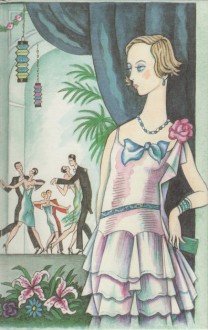
My first Nancy Mitford read was Love in a Cold Climate and while I could recognise the talent in the writing, and enjoy the humor, I failed to see anything significant or profound in the story. That means this, my only other Mitford book, languished on the TBR for years. I finally picked it up a couple of days ago. It is a significantly better book, in my opinion.
Told in third person by a narrator that is the niece/cousin of the Radlett family, it chronicles the life of one of the Radlett daughters, second-oldest of 7 (I think), Linda. Linda is a delicate natured, highly emotional child who loves animals, in a family that is hilariously savage, headed by a father that is the very stereotype of landed gentry. As a teen she becomes highly romantic and impatient for her Grand True Love. Most importantly to her future, she is undereducated and naive, but kind, charming and pleasant.
Of the two books, this one is the most realistic; Linda is just as likely a character today as she was almost 100 years ago. I didn't read reviews of it before beginning it, but when searching for a synopsis I glanced over several that read of the tragic undercurrent of this book. On the face of it, I see why people claim this, but really, I can't see it. Linda herself would not see her life as tragic, and I"m not at all sure Fanny (the narrator) sees it either. Linda's life was not blameless, but Linda herself never thought it was, and undereducated or not, she owned her mistakes and would repeat them all given a choice, in the end. I admired her for that.
I could talk forever about this book, but I'll just wrap up with a note about the introduction to my edition, written by Hugo Vickers. In it he states that it is widely believed that this book is largely autobiographical, with Fanny, the narrator, being Mitford. I know nothing about Nancy Mitford save what he himself wrote in a quick biographical sketch, but based on this, I don't see it; she appears to have lived much more of Linda's life than the solid, quiet life of Fanny. Perhaps Mitford, as Fanny, was playing the omniscient observer of her own history, adding the ending she'd have preferred, over the one she ultimately got. I suppose that's what Vickers meant, but if it was, he didn't make that clear.
By far my favorite of the two books, this is engaging writing, amusing reading, and offers readers a depth of insight that will stay with them without weighing them down.


 Log in with Facebook
Log in with Facebook 
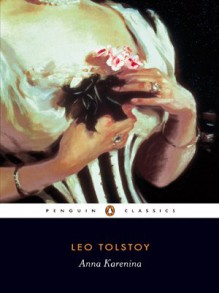




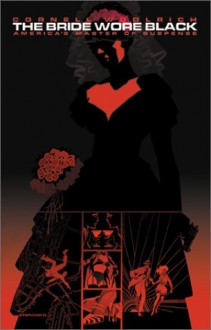
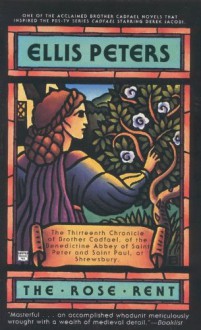




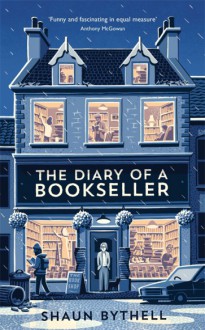


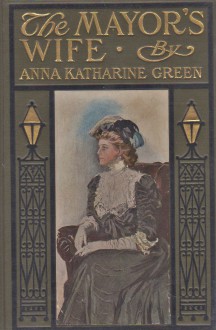




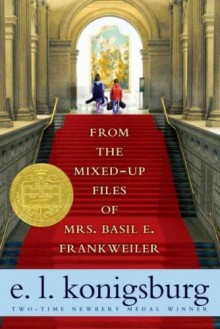
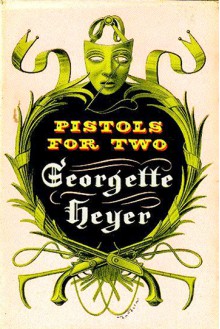
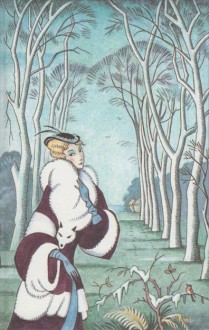
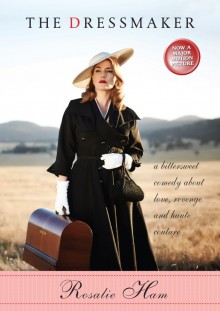
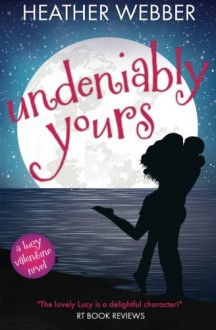
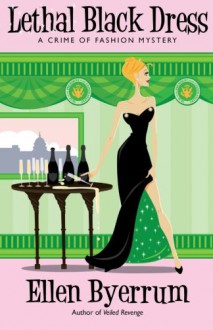

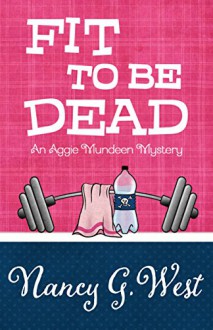
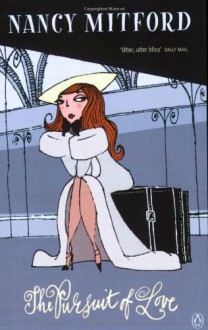


 1: Fanny Logan's story of her beloved aristocratic cousins
1: Fanny Logan's story of her beloved aristocratic cousins




